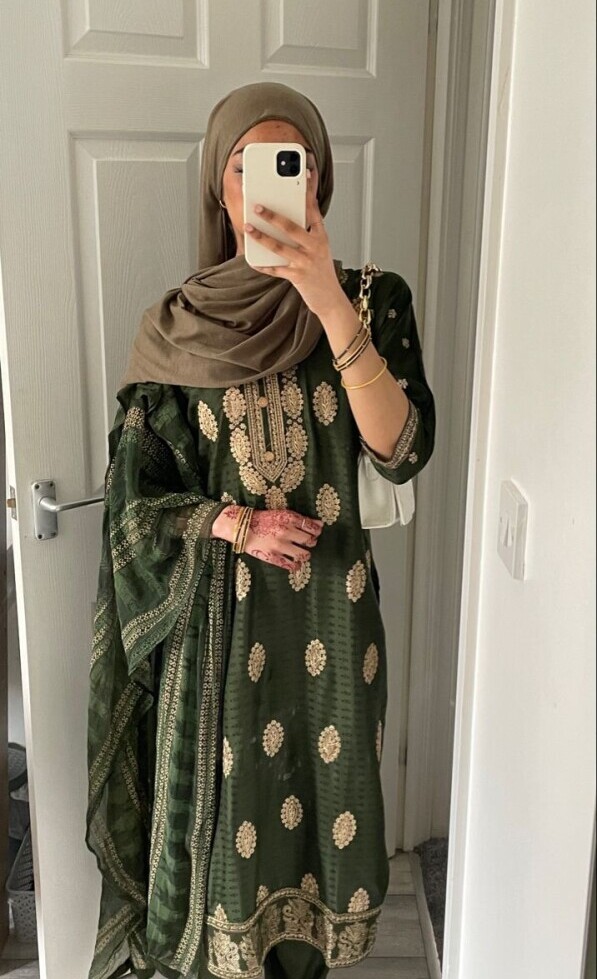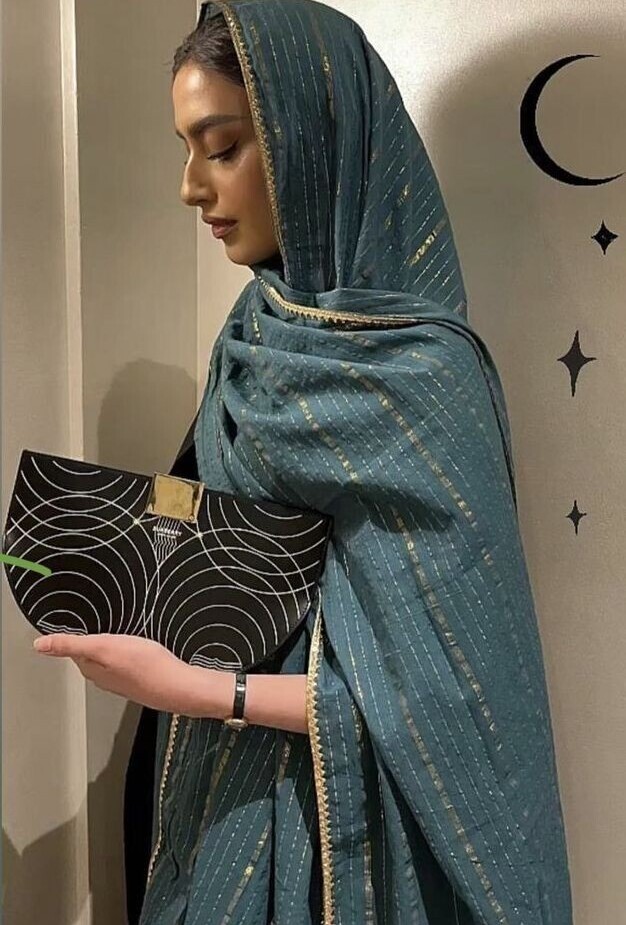
This story I’m about to tell is fictional, but it could easily be real for so many women out there. It’s meant to convey a message—a message of resilience, empowerment, and the importance of creating safe spaces for South Asian women in environments that often feel anything but safe.
Meet Isra.
Isra’s journey began like many others—ambitious, hopeful, and ready to take on the corporate world. She had secured a good job in a prominent company, stepping into a space where she could prove herself and build a career. But there was something different about her experience. As a hijabi, she was always aware that she stood out in this predominantly white workplace, but what she didn’t expect was how deeply that difference would be used against her.
Harris, a colleague, started making inappropriate comments almost from the moment she arrived. At first, it was subtle—suggestions that she “didn’t need to cover up” or that she should “loosen up” to fit in better. But as time went on, his remarks grew increasingly sexual and demeaning. Even though Isra dressed modestly—her clothing never revealing—Harris still seemed to find ways to harass her verbally every time she came to work.

I still remember the knot in my stomach every morning as I stepped out of my car and into the towering glass building that housed my corporate job. I was Isra, a young South Asian woman, covered in my modest hijab and layers of confidence that I had built over the years. I always believed that my skills and professionalism would speak louder than my appearance. But every time I stepped through those doors, there was one person who shattered that confidence—Harris.
Harris was a colleague who seemed to relish in making me feel uncomfortable. It started small—offhand comments about how I “didn’t need to cover up so much” or how “a pretty face like mine should smile more.” I brushed it off, thinking I was being too sensitive. But his words grew bolder, more suggestive, especially when no one else was around. It wasn’t just the remarks anymore; it was the way he looked at me, like I was something to be judged, not a peer to be respected. Despite my modest clothing, nothing revealing, and despite the professional space we were in, I still felt unsafe every time I walked by him.
At first, I kept silent. After all, this was a predominantly white workplace, and I was already an outlier. A hijabi woman of color—who would believe me? The fear of being labeled “too sensitive” or “overreacting” echoed in my mind. I had worked so hard to be taken seriously, to build my career, and I feared that speaking up would unravel everything. But the more I stayed silent, the more his comments grew like a dark cloud hovering over my days.
One afternoon, Harris crossed the line. His words weren’t just suggestive anymore—they were aggressive, and I felt violated, not just as a woman but as a human being. Something snapped inside me. I knew I couldn’t let this continue, not for me and not for the women who would come after me. That night, I found myself reflecting deeply on the strength of the women in my life, particularly South Asian women who had faced worse and stayed resilient. If they could stand tall, why couldn’t I?
The next day, I reported him. It wasn’t easy. I had to sit through meetings with HR, rehashing the trauma in front of people who didn’t fully understand the cultural or personal weight behind it all. But I persisted. Harris was put on notice, but I knew it wasn’t enough. The environment still felt unsafe.
So I left.
I didn’t just walk away from my job; I took action. I filed for a restraining order against Harris to ensure he wouldn’t harass me again. This experience lit a fire inside me—a realization that South Asian women, like me, were often caught between cultural expectations of modesty and the toxic masculinity that often exists in professional spaces.
I decided I couldn’t let this be just another story of workplace harassment swept under the rug. I knew there were countless other women like me, navigating spaces where their voices were stifled, their safety threatened, and their identities disrespected. I wasn’t going to let us stay silent any longer.
I started speaking at conferences, sharing my story and shining a light on the unique struggles South Asian women face in the workplace. The conversations started as small panels but quickly grew as more women resonated with my experiences. And with every speech, every panel, every woman who came forward with her own story, I knew this movement needed something more.
That’s how Beyond Borders was born. I founded it as a self-defense organization specifically tailored for South Asian women, particularly those who, like me, wore hijabs or dressed modestly and faced discrimination and harassment for it. Beyond Borders wasn’t just about teaching women how to defend themselves physically—it was about empowering them mentally, emotionally, and spiritually.
We train women in self-defense techniques, encouraging them to carry pepper sprays, tasers, and any other tool that ensures their safety. We create safe spaces for discussions about the cultural challenges we face, providing both mental and physical training to prepare women for the world that often doesn’t make space for our voices.
Now, as the CEO of Beyond Borders, I see so many women who, like me, felt trapped, unseen, and unsafe. Every class, every session, reminds me that we are stronger together. We don’t have to choose between modesty and safety, between tradition and empowerment. We can be all those things.
My story began with silence, but it ends with action—action not just for myself but for every South Asian woman who’s ever felt out of place, unsafe, or unheard. I learned that we have to take up space, own our stories, and fight for our safety in whatever ways we can. And in that fight, we find strength. We find each other.
Beyond Borders isn’t just my journey; it’s all of ours. And together, we’re rewriting the narrative.
Picture source: Pinterest
No Responses